-
-
-
-
-
-
-
-
-
-
Currency
fashion
How To Build A Capsule Wardrobe And Banish Outfit Anxiety Forever


Our style sensibilities have changed. We’re consuming less, making more informed purchasing decisions and reassessing our relationships with our wardrobes.
This has seen us shift away from fast fashion and throwaway trends. We’re less impulsive and more considerate, treating our wardrobes as lifelong companions, rather than short-term flings. (What can we say? We’ve matured.)
This maturation has given us the chance to celebrate great style and define a personal look. It has also steered us in the direction of one slightly elusive, but highly relevant, concept: the capsule wardrobe.
What is a capsule wardrobe?
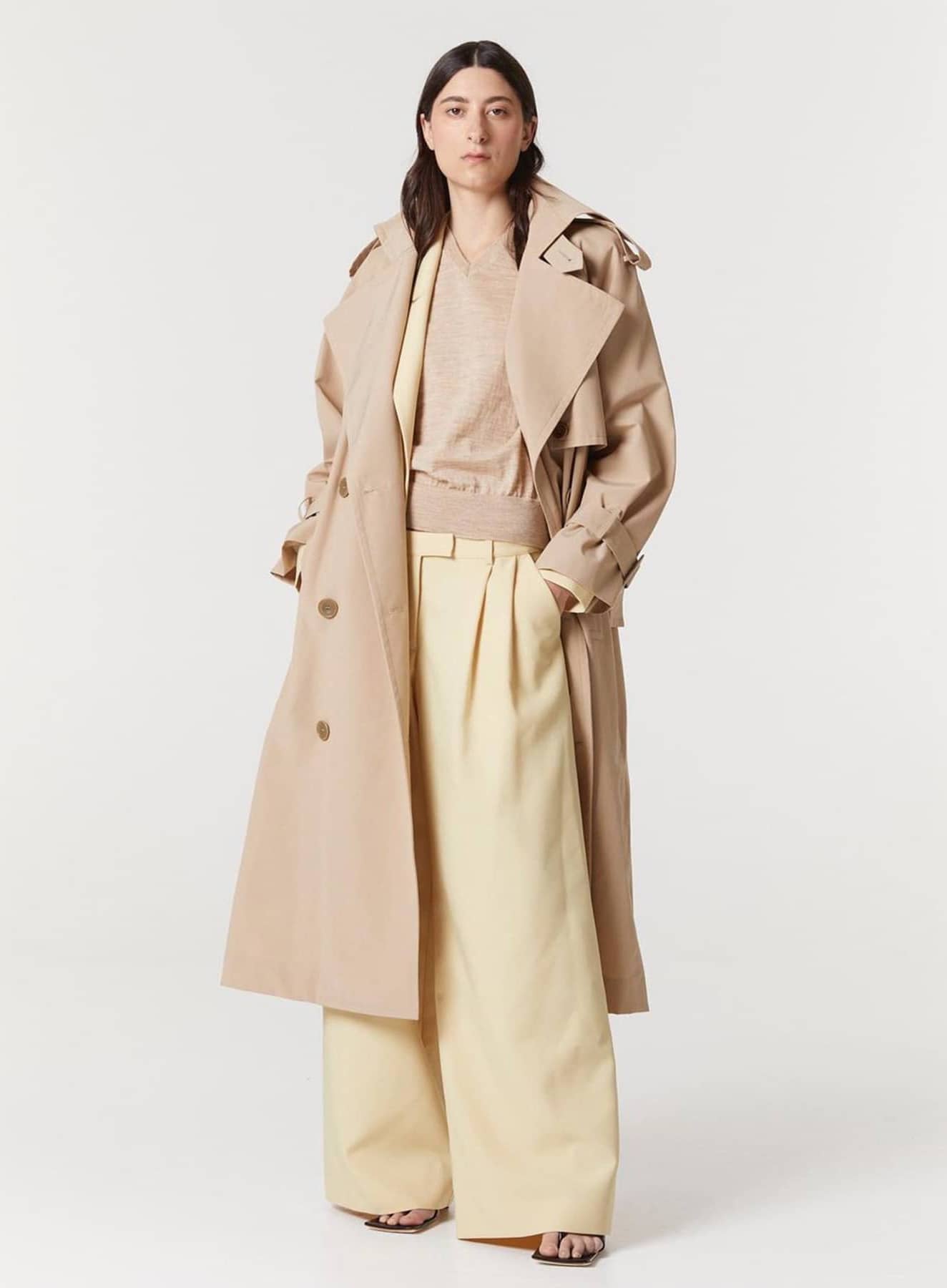
Documented By: Arnsdorf
What is a capsule wardrobe?
The concept of a capsule wardrobe dates back to the 1970s and was first introduced by wardrobe consultant and author Susie Faux. At the time, she had noticed people “were spending far too many resources on multiple fashion items that weren’t well-made, didn’t fit right, and would likely be out of season by the following year”. Frustrated by these impracticalities, she came up with the capsule wardrobe to hero essential, high-quality pieces that could stand the test of time.
It would take another decade for the idea to really enter the mainstream. Designer Donna Karan ushered in the shift with her iconic collection Seven Easy Pieces. These now seminal garments were designed to be interchangeable; able to be worn together and separately to create different looks and outfits.
Over 40 years later, the Seven Easy Pieces collection is still viewed as a fashion ideal. It’s come to define the notion of a capsule wardrobe: prizing functionality, quality, wearability, timelessness and mindful consumption above crashing trends.
What a capsule wardrobe can do for the environment
This is all great from a fashion (and time-saving) point of view. But, increasingly, capsule wardrobes have also been celebrated for the role they can play in reducing the fashion industry’s harsh environmental impact.
For starters, the whole movement is an antithesis to trends. You’re looking for timeless, seasonless, long-term investments – not the latest item to be replicated by every second retailer at the shops.
Secondly, the strong focus on high-quality garments acts as a deterrence to buying cheap, poorly made clothes. There’s no point in adding a piece to your capsule collection that will wear quickly or is likely to be discarded. It’s all about finding items that will last and hold enough personal value to be repaired or altered, should the need arise. It’s worth noting that, since these items are designed to be bought once, you might end up paying more upfront. But remember, investing in quality will save you more money in the long term and will give you the freedom to shop with brands whose values align with yours.
How to build a sustainable capsule wardrobe
Clean out your closet
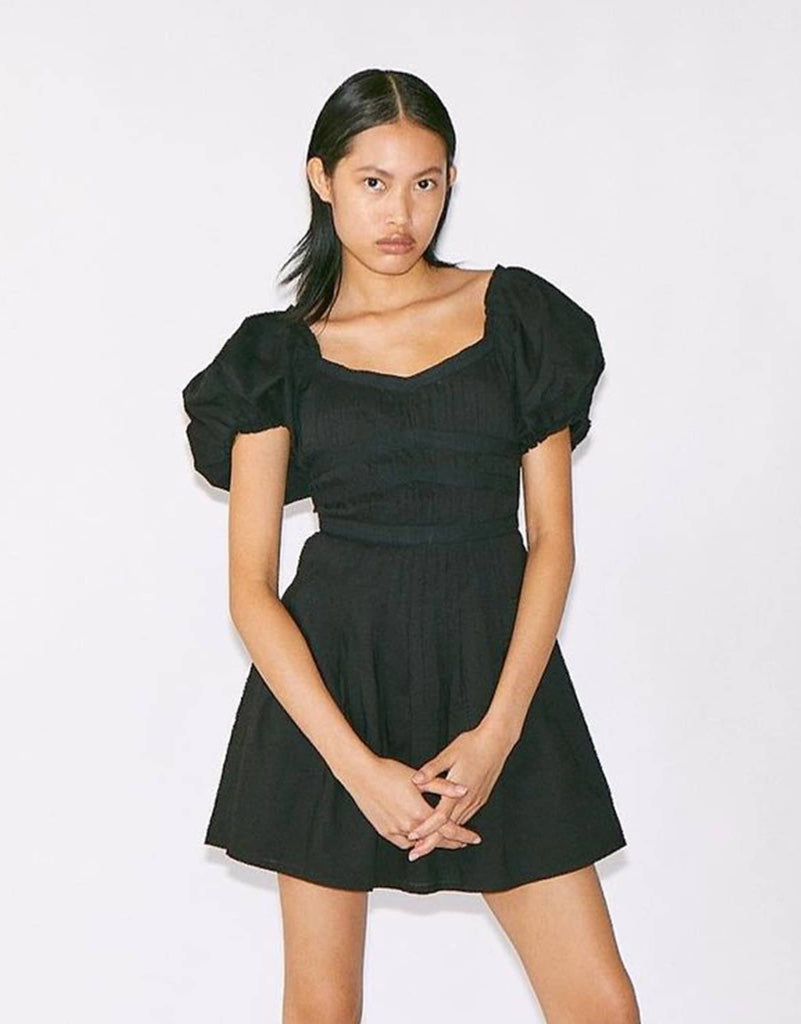
Documented By: Fredric
How to build a sustainable capsule wardrobe
Clean out your closet
Let’s face it, you’re probably overdue for a bit of a wardrobe audit. Before you start adding anything to your capsule collection, work out what you’ve already got and cleanse your closet of the things you no longer wear. It will also help you figure out what you need to invest in. Our editor-in-chief recently wrote an excellent guide on how to tackle this mammoth task.
Get reacquainted with your style
You probably already know what you like wearing and what looks good on you. But life rarely remains stagnant: perhaps you’ve started a new job that requires different clothes or your body has changed over the last few years. Or maybe you just feel like shaking things up. Before you start building your collection, spend some time really considering your style and picturing the kinds of things you want in your wardrobe in 10, 20 or even 30 years time. Though we’ve highlighted that circumstances can change, when it comes to a capsule collection, try to put a long-term lens on each item. What do you see your future self wearing? That vintage Burberry trench? Yes. That low-rise revival skirt? Probably not.
Finding visual style references can simplify this step. Screenshot photos, make a collage, start a Pinterest board – really map out what your capsule wardrobe (and you) will look like.
Actually do some planning
The closet audit should have revealed what is missing from your capsule wardrobe, so now is the time to map out what you need to source. There’s no fixed number of items to have in a capsule wardrobe; some put a number around 30 while others go as high as 50. (And let’s not forget Donna Karan nailed her capsule collection with just seven pieces.) Be More with Less founder Courtney Carver created a minimalist fashion challenge called Project 333 which encourages participants to choose 33 different items to wear during three-month periods (so a seasonal capsule wardrobe). This approach has been popular, but it’s really an individual decision. Your lifestyle, your activities and the seasons where you live should give you an idea of the quantity you actually need.
Don’t be afraid to wreak organisational havoc on this step: write lists, break your wardrobe into categories (work, events and going out) and itemise garment types (pants, jeans, jackets, shirts, etc.). Some pre-planning here will make it easier when the time comes to start shopping as you will know what you’re looking for, in what colours and in what style.
Look for brands doing good and shop second-hand
If you’re buying new items, we suggest first finding brands you like and want to shop with. We’ll suggest a few at the end of this article that have passed our climate credentials and are doing good for the planet.
One of the things that you might not realise is that brands lowering their environmental impact tend to design timeless, seasonless garments – excellent for capsule wardrobe building. They also tend to use higher quality materials that are better for the environment and the longevity of your clothes (think organic cotton and linen).
Your capsule wardrobe absolutely doesn’t need to be filled with new clothes though. Second-hand stores and online vintage accounts are bursting with things like blazers, jackets, suit pants and designer pieces. They also do well to highlight styles and pieces that have never gone out of fashion, which is exactly what you want for your capsule wardrobe. If you’ve put in the hard yards during the planning stages, the preloved search will also be much easier as you’ll know exactly what you’re after.
Take your capsule wardrobe for a test drive
Once you’ve built your capsule wardrobe, spend some time experimenting with outfits. See how your new staple pieces work or can be styled differently. Take photos, create new looks and model outfit options for your housemates. This will also help future you fight decision fatigue and the stress of getting dressed because you’ll already be familiar with your capsule wardrobe and the items you want to wear for all sorts of occasions.
Get your capsule wardrobe started with...
THE SHIRT
View All (15)






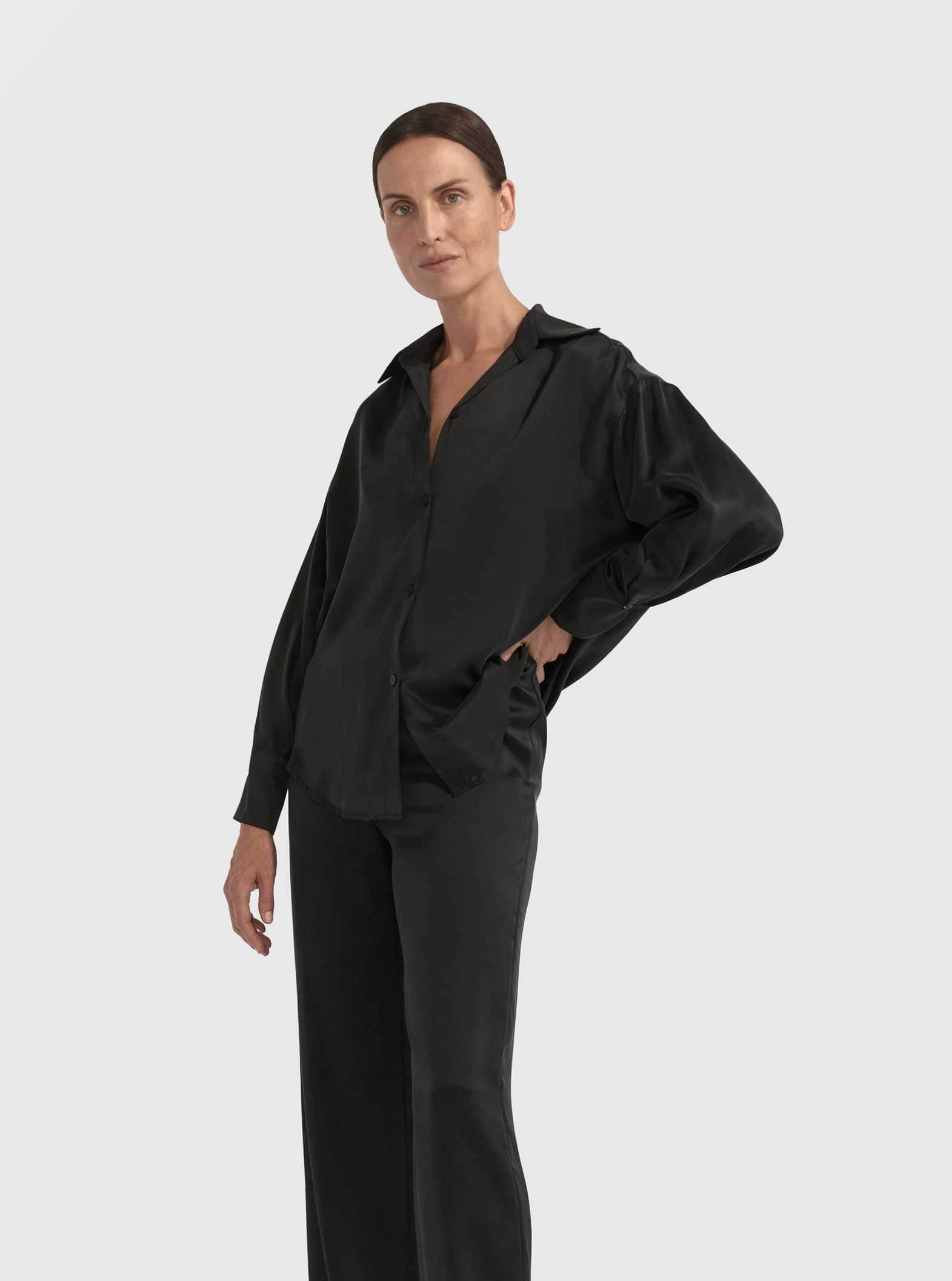
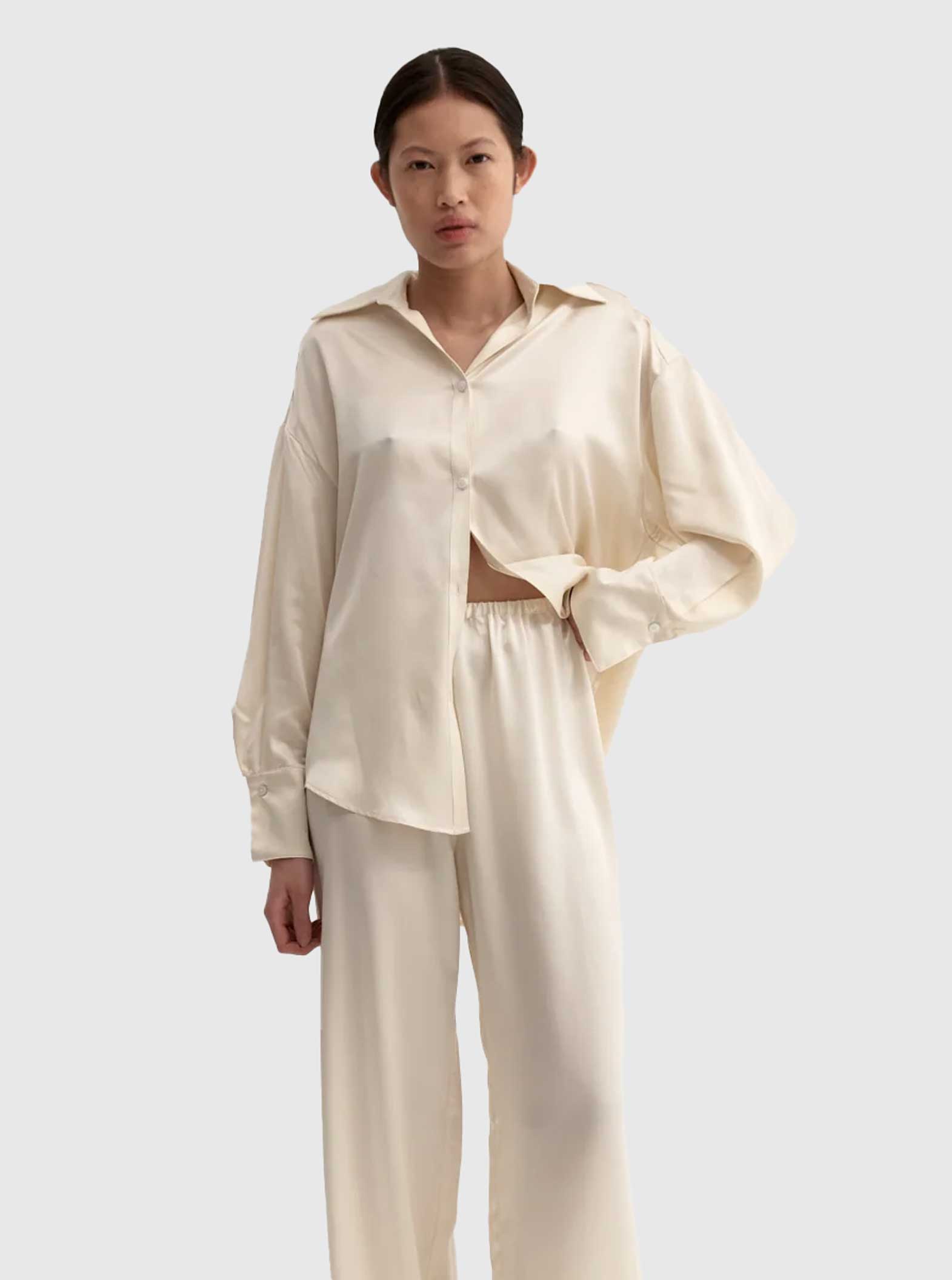
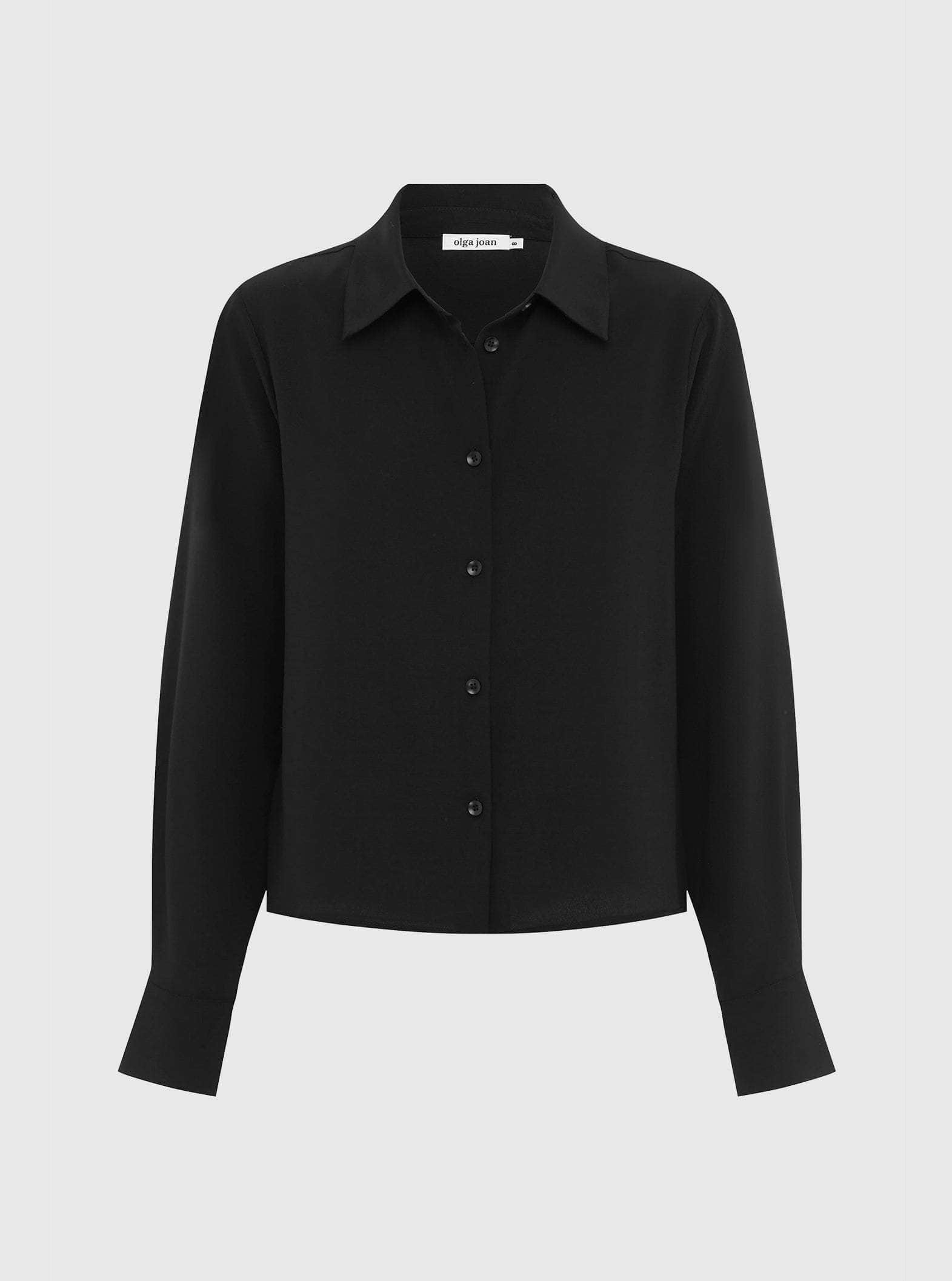
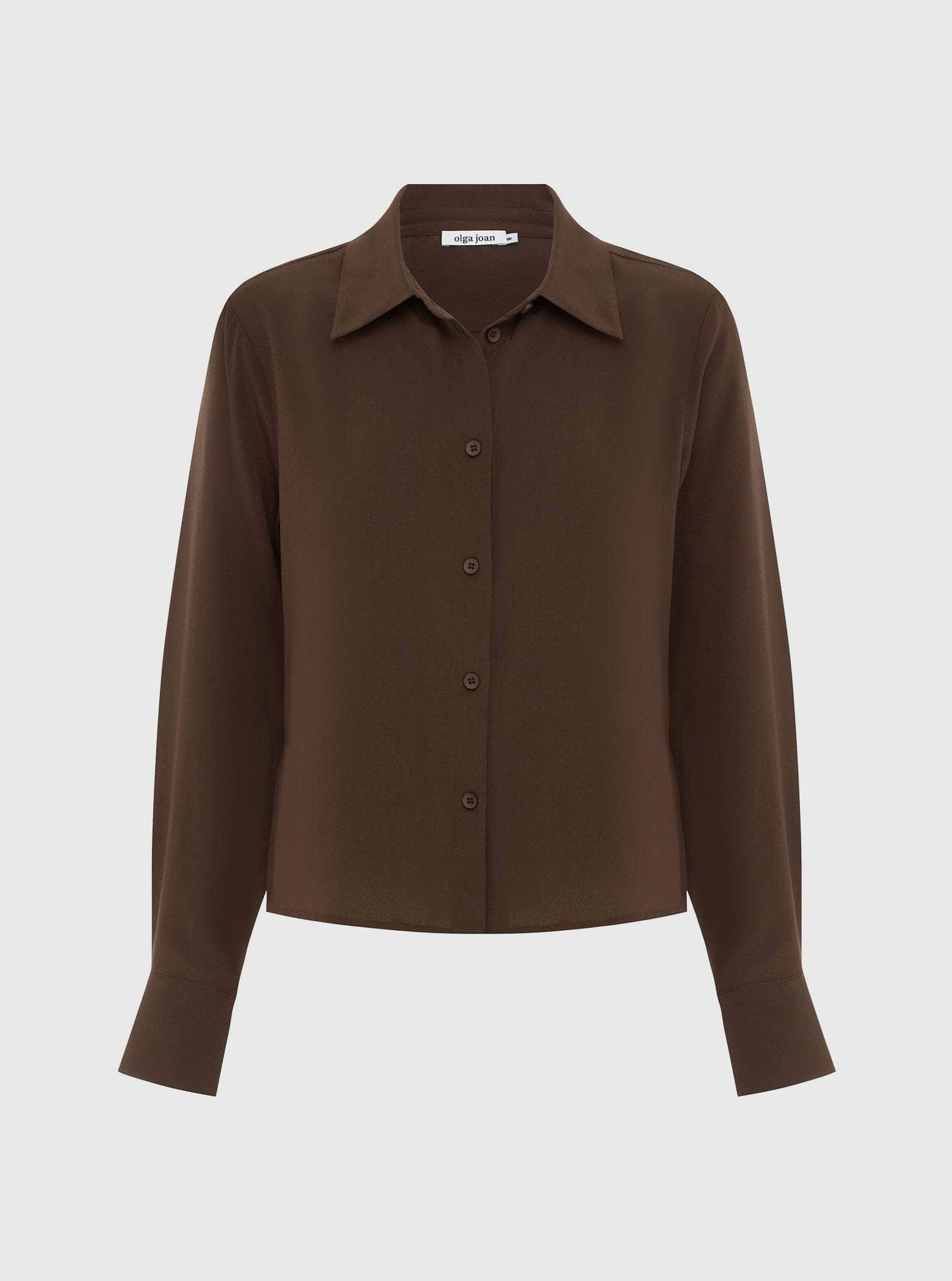
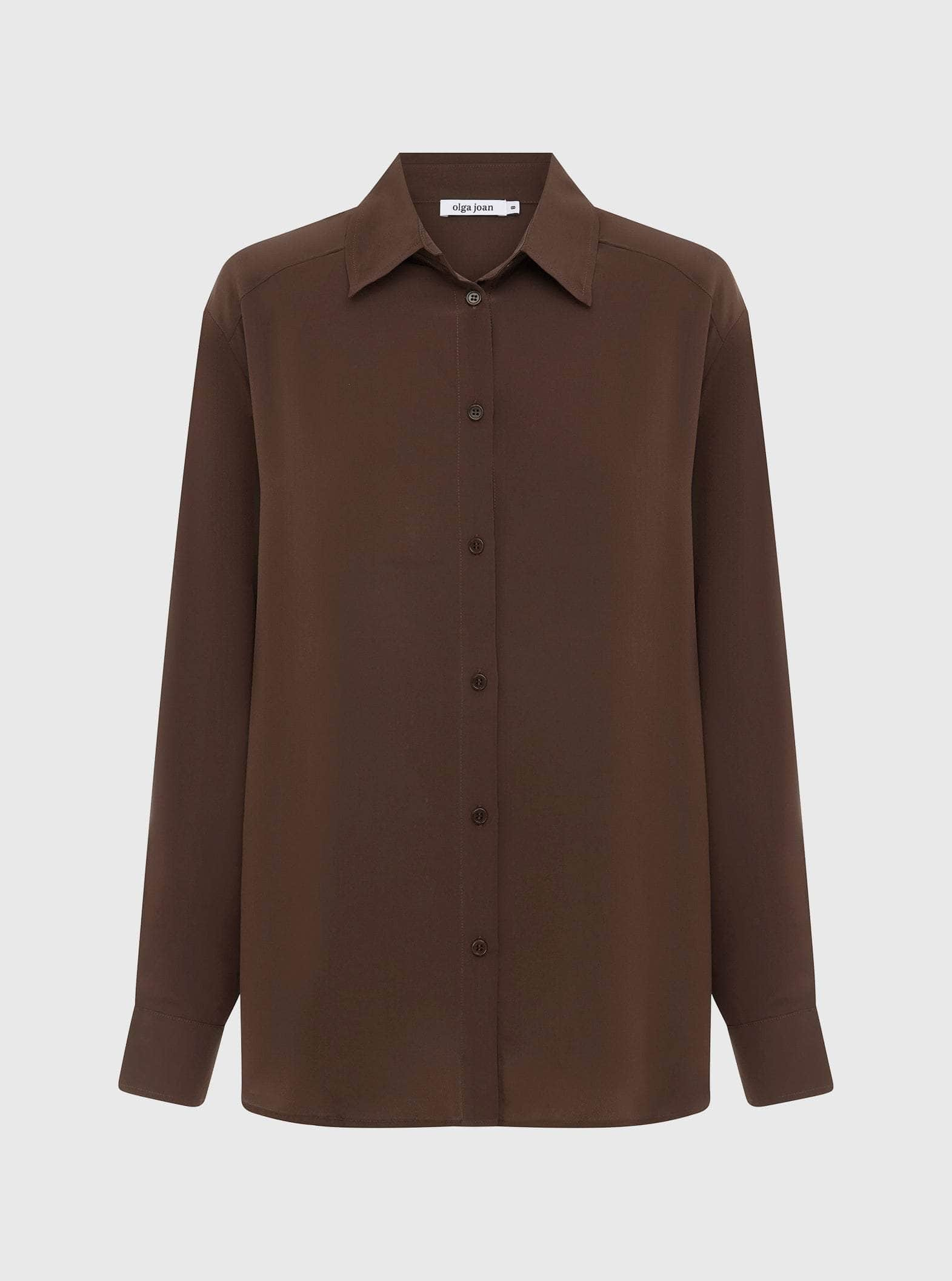
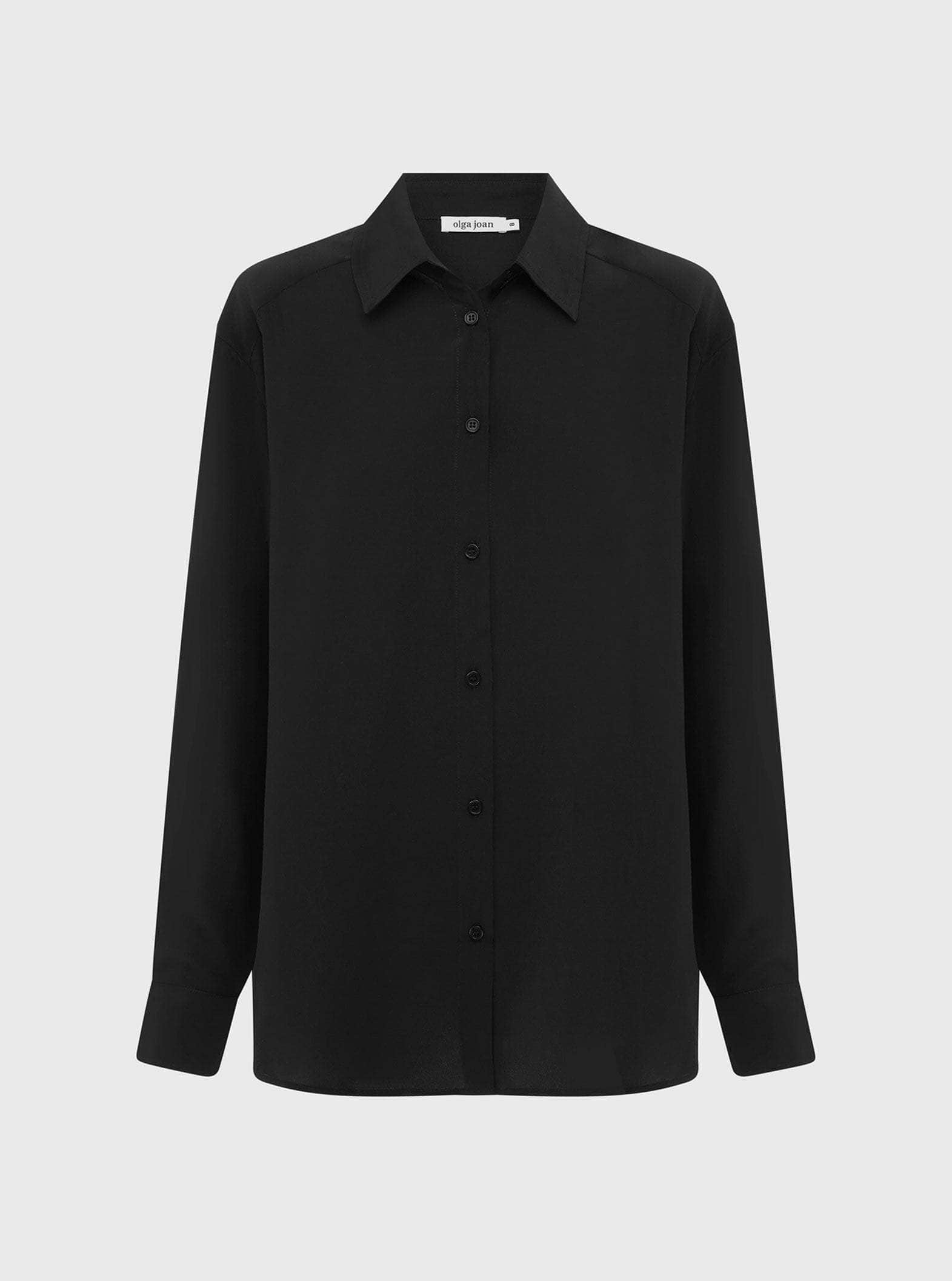


Camille Silk Crepe Tuxedo Blouse
Courtney Zheng

Eastern Shirt
Commonplace Essentials

Classico Overshirt
Commonplace Essentials

Ease Shirt
Commonplace Essentials

Poppy Blouse
Solaqua

Short Sleeve Boyfriend Shirt
Silk Laundry

Short Sleeve Boyfriend Shirt
Silk Laundry

Monogram Regenerated Denim Shirt
One Six

Dominique Silk Shirt
Hyde & Stone

Dominique Silk Shirt
Hyde & Stone

Long Sleeve Silk Shirt
Olga Joan

Long Sleeve Silk Shirt
Olga Joan

Relaxed Long Sleeve Silk Shirt
Olga Joan

Relaxed Long Sleeve Silk Shirt
Olga Joan

Elvis Shirt
Fredric
THE TROUSER
View All (14)





Raijin Trousers
Black To Grey

Raijin Trousers
Black To Grey

Finesa Trouser
Esse Studios

Leon Wool Raw Edge Pants
Courtney Zheng

Georg Double Pleat Wide Leg Pants
Courtney Zheng

Canvas Cargo Pant
Silk Laundry

Nicola Pants
Solaqua

Bias Cut Pant
Silk Laundry

Tailored Pant
SAINT

Bay Jeans
OpéraSPORT

Signature Relaxed Tailored Trouser
One Six

Monogram Regenerated Wide Leg Puddle Jean
One Six
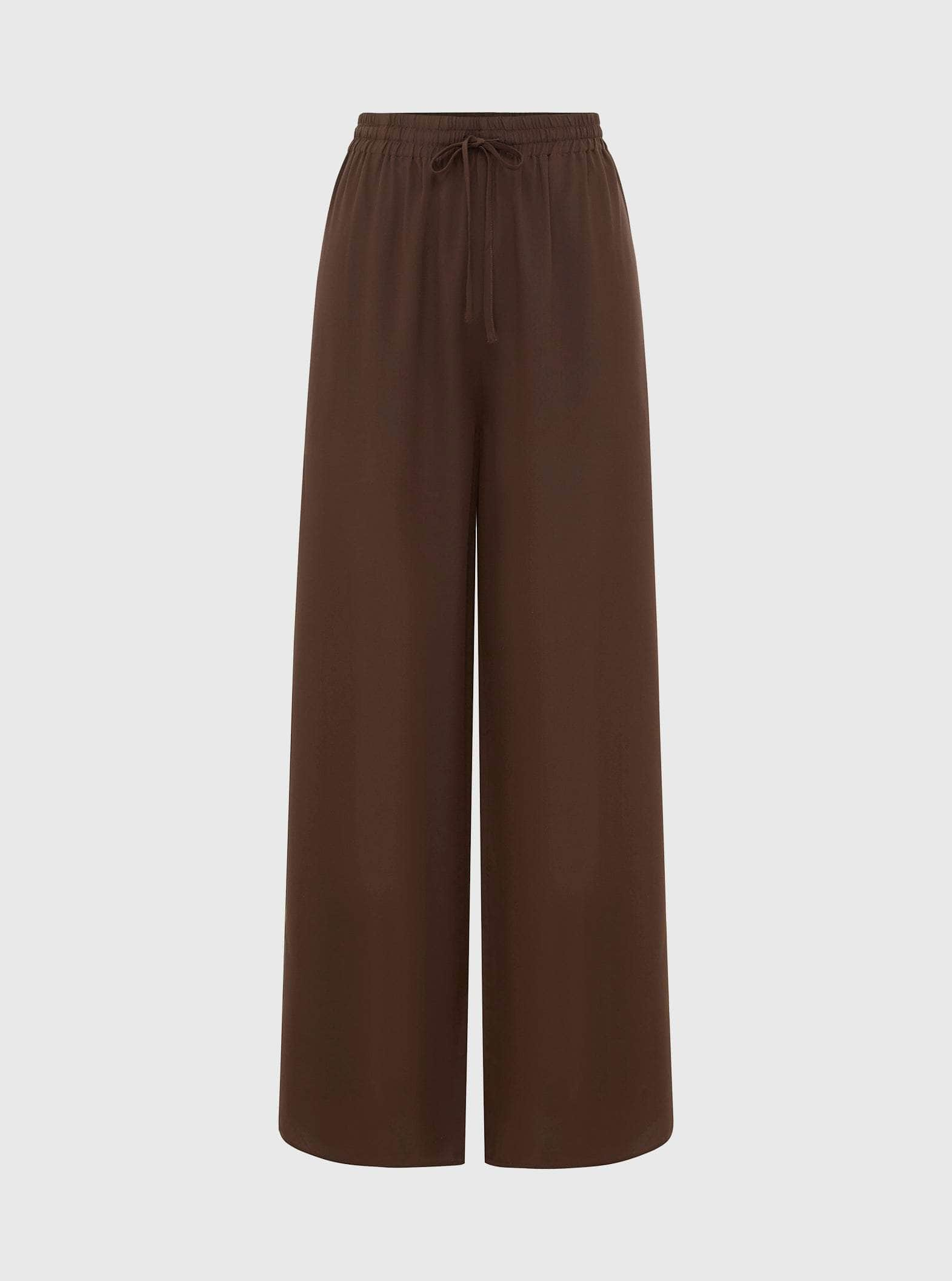
Drawstring Silk Pant
Olga Joan
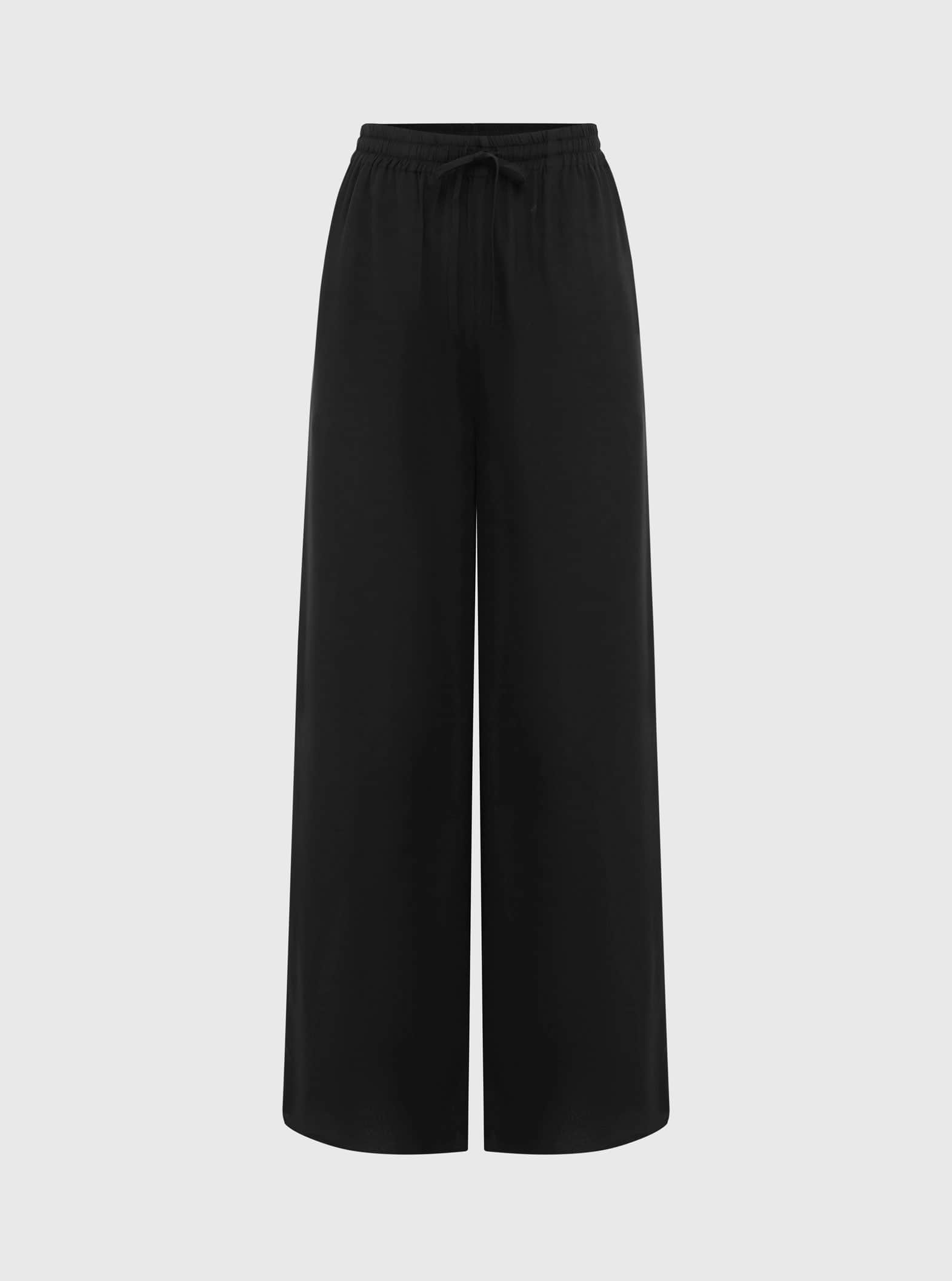
Drawstring Silk Pant
Olga Joan

ABOUT US
CUSTOMER CARE
EDITORIAL & RIISE PRODUCTIONS
© 2024 RIISE, All Rights Reservedjoin riise's mailing list for 15% off your first order.Availability











































